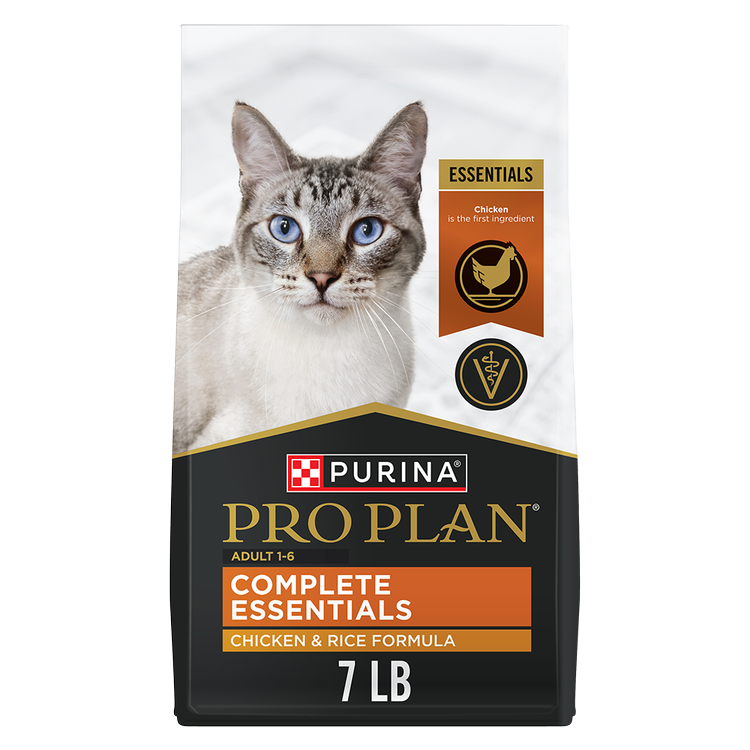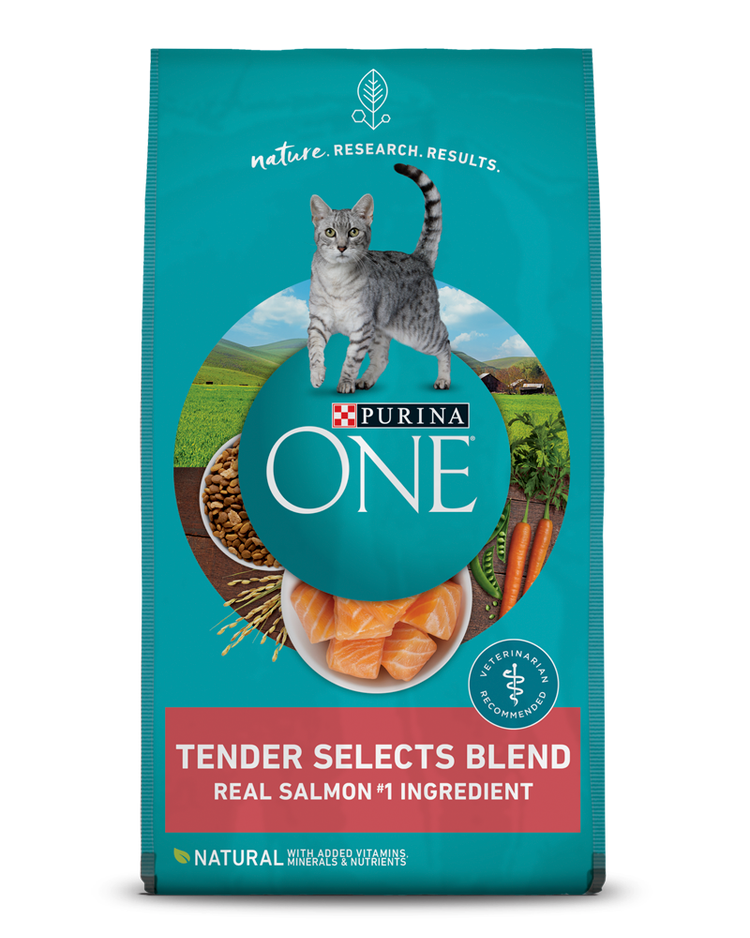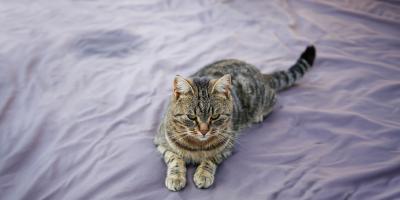What is Catnip and Why Do Cats Like It?


Catnip seems to be adored across the feline kingdom with both big and small cats falling head over heels for this plant’s allure. But what is catnip and why do cats like it so much? Does it have any effect on us humans? And is it safe or not? We’re unravelling all the catnip mysteries below.
What is Catnip?
Catnip (or as it’s officially known Nepeta cataria) is an herb from the mint family. Originally common in a few areas of Asia and Europe, it has managed to spread to most corners of the world. You might have noticed it growing next to country roads or even as a drought-resistant addition in people’s gardens.
What Does Catnip Do to Cats?
Let your cat near the catnip plant and you’re in for a reaction of pure joy. As your cat will start to lick and rub against it, you will notice their reaction turning into something that looks wild and strange. In a bout of hyperactivity they might start stretching, drooling or jumping. Other cats will go for a wild run up and down the room. More docile or sedated reactions have also been noticed – the response depends on the individual cat.
The effects of catnip on cats are temporary and usually wear off within half an hour, as your cat becomes briefly immune to the effects. It’s also common for cats to sit quite still after a euphoric reaction, until the effects wear off.
How Does Catnip Work?
The organic compound in catnip, nepetalactone, is what gives cats these bizarre reactions. Once the nepetalactone enters the cat’s nose, it binds to the olfactory cells which send their signal to the brain.
The nepetalactone is stored in little, microscopic bulbs that coat the plant’s leaves, stems and pods. It is released when the plant is crushed, chewed or when your cat rubs up against it.
Why Do Cats Like Catnip?
Nobody quite understands why it causes strange effects in cats, but some scientists believe that the brain interprets them as cat pheromones which causes their behavior to go haywire. Aside from this, it acts as a natural mood enhancer, which may explain why cats like catnip so much!
Why Do Some Cats Not React to Catnip?
Catnip’s effects on cats can vary, with some cats appearing to be immune to the spell of the plant. Researchers estimate that about 30% of cats don’t have any reaction to catnip. Experts think this is a genetically inherited trait that is passed down from parents, which means that in some cases the gene responsible for the “catnip reaction” is either missing or turned off. The researchers also noticed that both kittens and senior cats are less likely to be affected as well.
However, it’s not just for domestic cats – big cats like lions and tigers can also have a reaction to catnip!
How to Give Catnip to Your Cat
Catnip can be effectively used to encourage your cat to adopt good behavior. If your indoor cat needs extra exercise, you can make playtime even more exciting by tucking a bit of catnip in their favorite toys, although it's worth noting that the effects are temporary. In other words, they become immune to the catnip's effects for a while, and then the effect reappears after about 20-30 minutes.
Catnip can also be great to encourage your cat to interact with certain toys. If you want to use a scratching post to sharpen your cat’s claws and keep them away from the furniture, you can rub some catnip into the scratching post or sprinkle some at its base.
The catnip’s effect on cats means that they’ll pay attention and want to discover what this new toy does.
If your cat adopts the sedated reaction (as opposed to the hyperactive response) to the plant, you can also use catnip for cats that are anxious about traveling in the car. Sprinkle catnip in their carrier to help them make it through the journey stress-free.
Catnip Toys
There are various catnip toys available to keep your cat entertained and active. Here are a few:
- Catnip mice – These are small toys shaped like mice that are filled with catnip. Your cat can play around with them or carry them in their mouths.
- Catnip balls – Made out of soft materials and filled with catnip, these balls are perfect for play. Cats love to swat them and chase them.
- Catnip bubbles – Another great way of captivating your cat and keeping them active. You can buy catnip bubble solutions or take a non-toxic bubble solution and mix it with catnip liquid. You can use this to blow bubbles that your cat will love to try and pop.
- Catnip pillows – These are small pillows filled with catnip on which your cat can roll around and rub their face. This will help stimulate their senses.
How to Use Catnip for Training?
If your cat is a big catnip fan but is not so fond of listening to you, you can try using catnip as a training incentive. Whenever they’re performing a desired behavior, such as using their litter box or coming when called, you can reward them with a bit of catnip.
Is Catnip Dangerous for My Cat?
There is no evidence that catnip can be harmful to your dear feline. Experts believe overdosing is unlikely as cats are quite good at limiting their intake. It has been noticed that prolonged use will decrease its effectiveness, so it’s best to use catnip for cats only when necessary.
Can Cats Eat Catnip?
Yes, cats can eat catnip and it’s safe for them to do so. If they happen to eat a large amount of the herb, they may experience mild stomach upset, but as most cats are attracted to the smell rather than the taste, this is unlikely to happen.
Do Humans React to Catnip?
Cats love catnip, but what about us? Are we affected in similar ways? Although we don’t experience the same euphoria as our cats, humans do sometime use it as an alternative medicine. Webmd.com lists a series of uses that range from alleviating insomnia and migraines to relieving swelling and arthritis when applied to the skin.
Catnip can also be used as a mosquito repellent – it doesn’t last as long as the DEET that most brands use but it’s good for people who want a product that’s not as harsh.
For more expert tips on understanding your cat, explore our other cat behavior articles.
Related articles

Earn myPurina Rewards with Every Purchase
Use your points for treats, toys, and gift cards with myPurina app.






